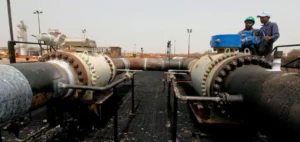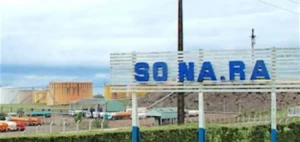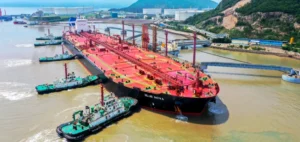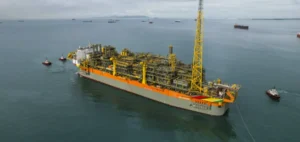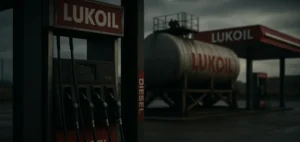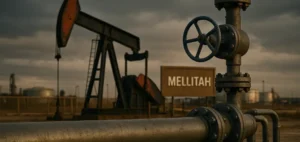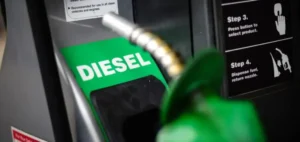Thousands of miners blocked the streets of La Paz, the Bolivian capital, to protest the shortage of fuel and dollars, issues that are particularly affecting the mining sector. The country has been experiencing an economic crisis since 2023, with its dollar reserves nearly exhausted. Bolivia relies on these reserves to import fuel, which is then sold on the domestic market at a subsidised price.
Fuel and Explosive Material Issues
The miners, mostly from mining cooperatives, demonstrated without major incidents with the police. Their demands focus on the shortage of diesel, an essential fuel for their operations, as well as the scarcity of explosive materials, both of which are critical for the proper functioning of the mining industry. Honorato Condori, president of the Federation of Mining Cooperatives of Bolivia (Fencomin), confirmed these difficulties to the media.
Impact on Bolivia’s Mining Sector
The mining sector, a pillar of the Bolivian economy, exports resources such as silver, zinc, lithium, and tin. According to the Bolivian Institute of Foreign Trade (IBCE), Bolivia exported nearly $6.7 billion worth of goods between January and September 2024, half of which came from the mining sector. However, the ongoing crisis threatens the activity of many cooperatives that directly depend on the availability of fuel and materials.
Government’s Response
Minister of Mines Alejandro Santos Laura responded to the protests by calling for dialogue. He explained that the government’s priority would be to avoid any increase in the price of explosives, another point of friction between the authorities and the miners. The current situation highlights the growing tensions between the needs of the mining sector and the country’s economic constraints.













